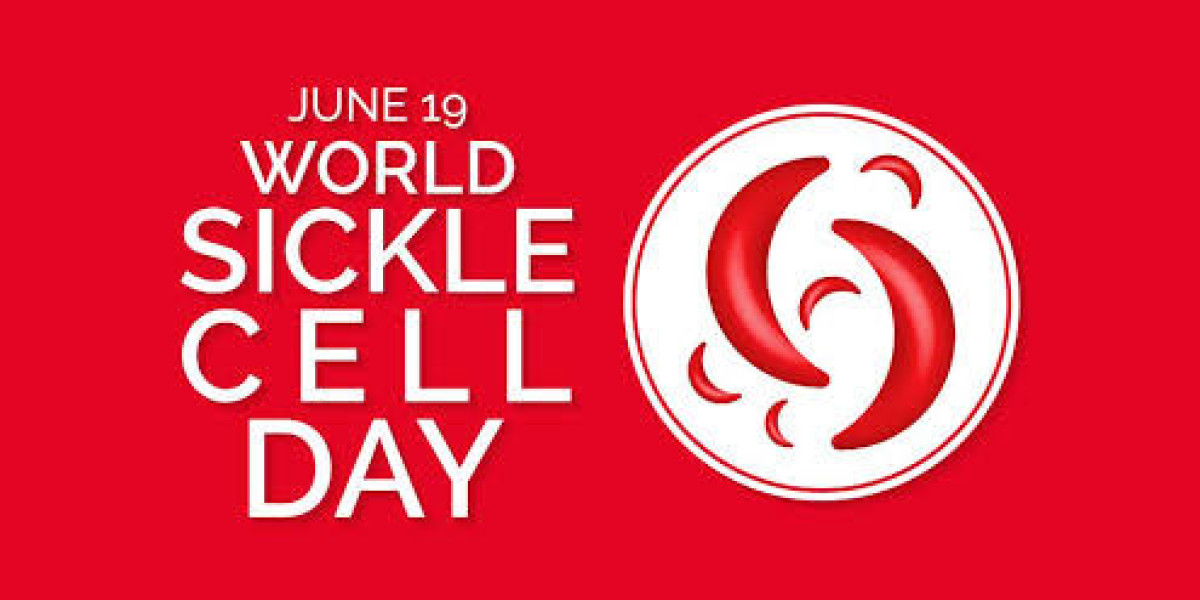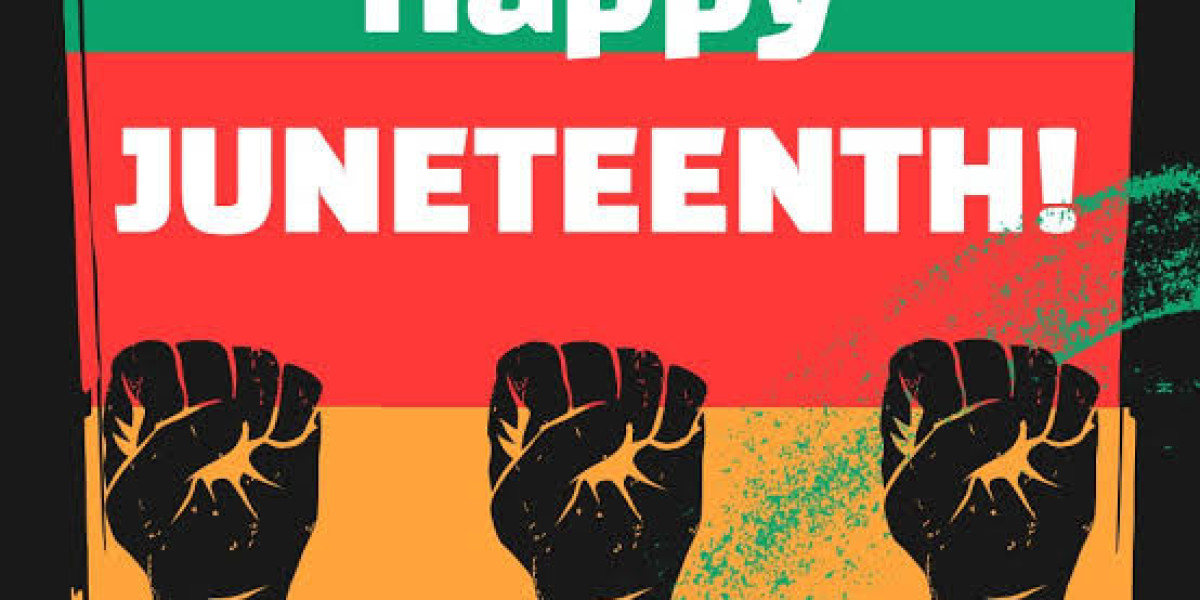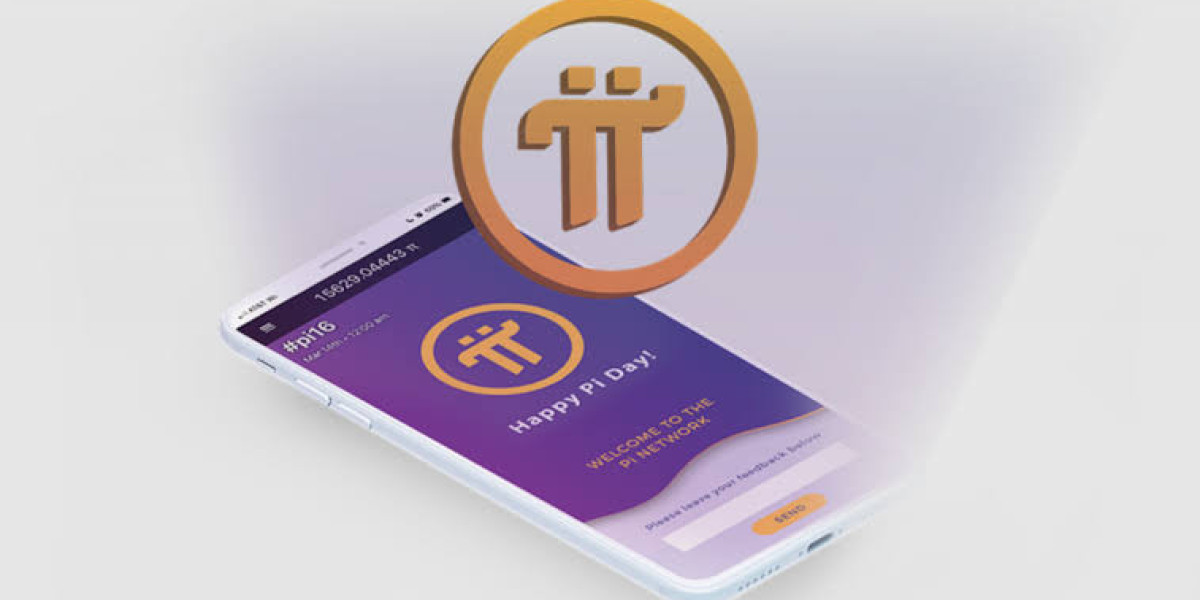Global Theme: "Global Action, Local Impact: Empowering Communities for Effective Self-Advocacy"
Today, on World Sickle Cell Day, the global community unites to raise awareness and advocate for those living with sickle cell disease (SCD). This year's theme, "Global Action, Local Impact: Empowering Communities for Effective Self-Advocacy," resonates deeply in Nigeria, a nation with the highest burden of the disease worldwide. As the world turns its attention to this debilitating genetic blood disorder, the focus in Nigeria is on the pressing challenges of high treatment costs, limited access to modern therapies, and the urgent need for comprehensive government support.
Sickle cell disease is a hereditary condition that causes red blood cells to become hard, sticky, and C-shaped, leading to a variety of complications including severe pain crises, organ damage, and a shortened life expectancy. In Nigeria, it is estimated that over 150,000 babies are born with sickle cell anemia each year, and the country accounts for a significant portion of the global sickle cell population.
This year's commemoration is marked by a renewed push for tangible action. In a significant development, the World Health Organization (WHO) has released its first-ever global guideline on managing sickle cell disease during pregnancy, a move expected to have a profound impact on maternal and infant health in high-prevalence countries like Nigeria.
However, the reality on the ground for many Nigerian families remains stark. Patients and their families continue to grapple with the exorbitant cost of routine care, which often includes frequent blood transfusions, pain medication, and hospitalizations. The advent of groundbreaking treatments like gene therapy, which offers the potential for a cure, remains a distant dream for the vast majority due to its prohibitive cost.
Speaking on the challenges, Dr. Aliyu Bello, a leading hematologist in Abuja, stated, "While the global advancements in sickle cell treatment are promising, the immediate need in Nigeria is to make basic care affordable and accessible. We need a multi-pronged approach that includes subsidized medications, universal newborn screening, and robust public education to combat the stigma associated with the disease."
Patient advocacy groups across the country are using World Sickle Cell Day to amplify their voices, calling on the Nigerian government to:
Subsidize the cost of essential sickle cell medications and treatments.
Integrate comprehensive sickle cell care into the National Health Insurance Scheme.
Increase funding for research and the establishment of specialized treatment centers.
Promote widespread genetic counseling and testing to reduce the prevalence of the disease.
In a statement, the Sickle Cell Aid Foundation (SCAF), a prominent Nigerian NGO, emphasized the "Tell it Loud" campaign, a sub-theme for this year's awareness day. The campaign encourages individuals with sickle cell disease and their families to share their stories and advocate for their rights.
As the world observes World Sickle Cell Day, the message from Nigeria is clear: while global actions and scientific breakthroughs provide hope, it is the tangible, localized impact of these advancements that will truly make a difference in the lives of the millions battling this disease. The empowerment of local communities to advocate for their own health is the first, crucial step towards a future where sickle cell disease is no longer a life sentence of pain and despair.










